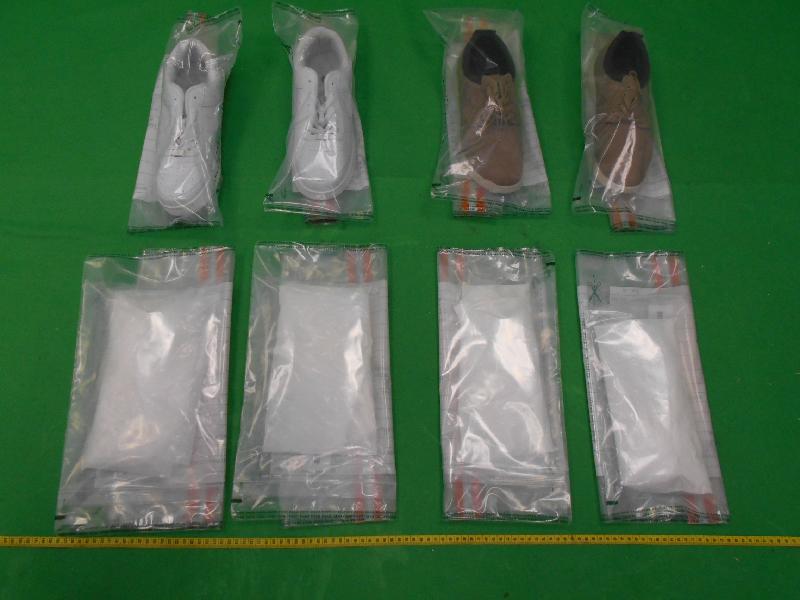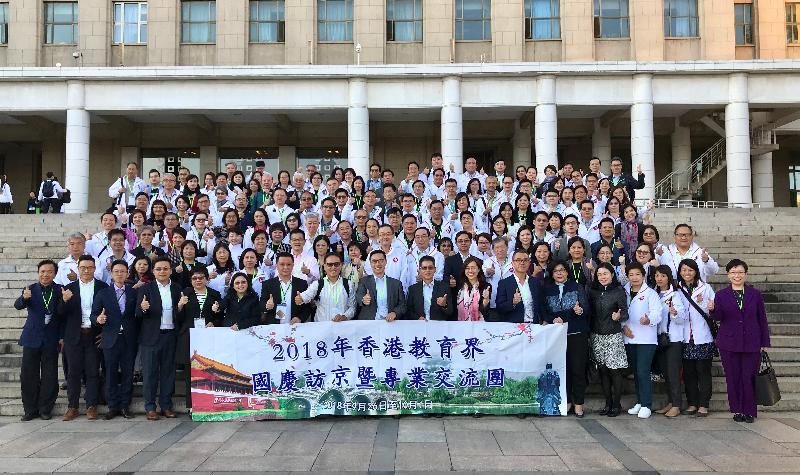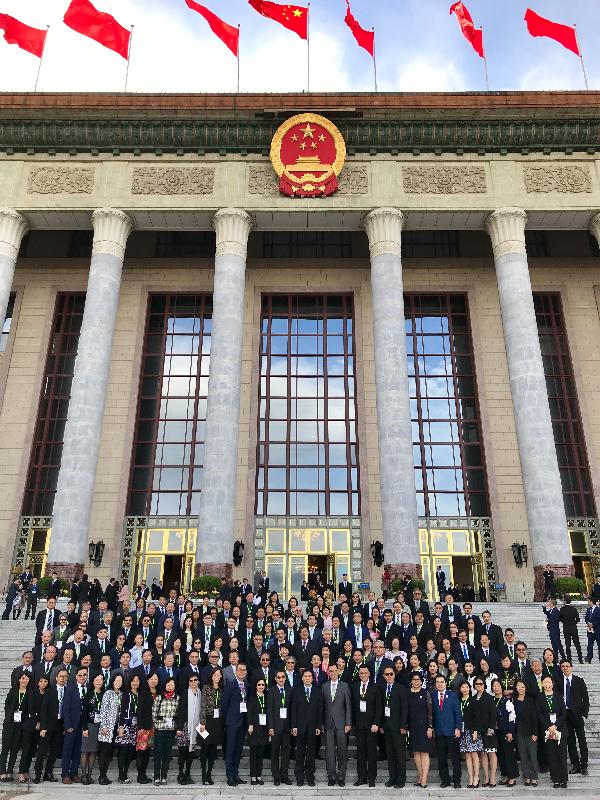The Centre for Health Protection (CHP) of the Department of Health today (September 30) reported a suspected case of Middle East Respiratory Syndrome (MERS), and again urged the public to pay special attention to safety during travel, taking due consideration of the health risks in the places of visit. The case is detailed below:
| Sex |
Male |
| Age |
37 |
| Affected area involved |
Qatar |
| High-risk exposure |
Nil |
| Hospital |
Pamela Youde Nethersole Eastern Hospital |
| Condition |
Stable |
| MERS-Coronavirus preliminary test result |
Negative |
“Travellers to the Middle East should avoid going to farms, barns or markets with camels; avoid contact with sick persons and animals, especially camels, birds or poultry; and avoid unnecessary visits to healthcare facilities. We strongly advise travel agents organising tours to the Middle East to abstain from arranging camel rides and activities involving direct contact with camels, which are known risk factors for acquiring MERS Coronavirus (MERS-CoV),” a spokesman for the CHP said.
Locally, the CHP’s surveillance with public and private hospitals, with practising doctors and at boundary control points is firmly in place. Inbound travellers and members of the public who recently visited the Middle East and developed fever or lower respiratory symptoms within 14 days will be classified as suspected MERS cases. They will be taken to public hospitals for isolation and management until their specimens test negative for MERS-CoV.
Travellers to affected areas should maintain vigilance, adopt appropriate health precautions and take heed of personal, food and environmental hygiene. The public may visit the MERS pages of the
CHP and its
Travel Health Service, MERS statistics in
affected areas, the CHP’s
Facebook Page and
YouTube Channel, and the World Health Organization’s
latest news for more information and health advice. Tour leaders and tour guides operating overseas tours are advised to refer to the CHP’s
health advice on MERS.
read more








